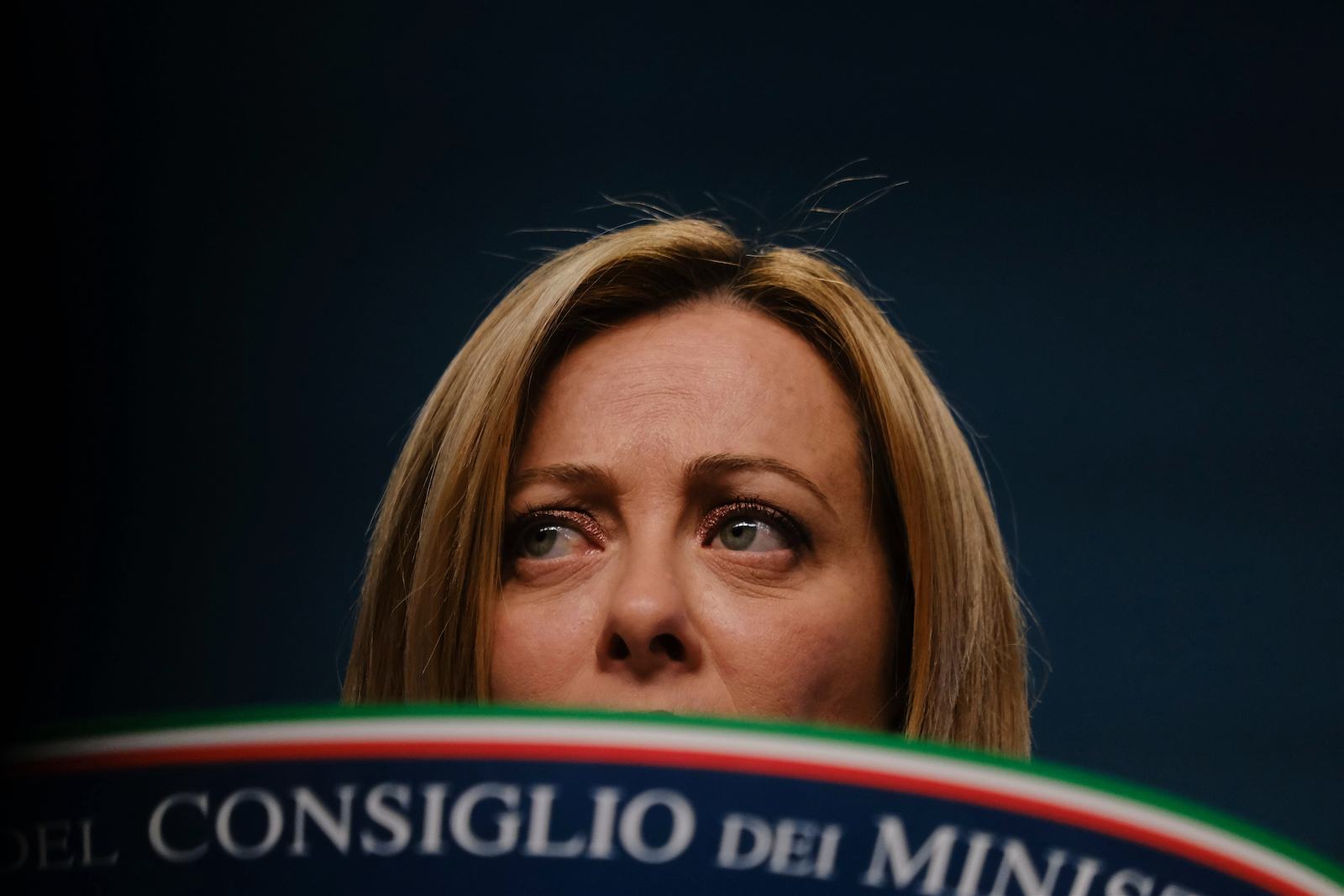
The Danger of Meloni’s Ambitious Constitutional Referendum
Italian Prime Minister Giorgia Meloni and her party Fratelli d’Italia shocked voters by the end of last year after announcing a plan for an ambitious constitutional reform. Meloni’s party’s sustained majority gives them confidence in the move, which aims at fundamentally restructuring the country’s government through the direct election of the Prime Minister. Nonetheless, as is the case with previous attempts, constitutional change is not what Italy needs.
Touted as the “mother of all referendums” by Meloni due to its sweeping changes, the planned referendum aims at stability by prolonging the tenure of governments — an argument that has ground considering that Italy has had 13 different ruling government coalitions since 2000. The focus of the referendum is to concentrate more power in the hands of the executive by having the prime minister be directly elected by the people and once elected be ensured control of 55% of the parliamentary seats. Furthermore, the referendum would establish a five-year term limit that would align with parliamentary elections. In effect, the hope is to build unity and continuity. The cost is checks and balances.
Proposing a constitutional referendum comes as a bold move from Meloni, as voters still have a fresh memory of the fall of former Prime Minister Matteo Renzi’s government coalition back in 2016. Renzi proposed a referendum to reduce the size and cost of the government, adjusting Italy’s symmetrical bicameral system and removing bureaucrats from government. Yet, because of how Renzi campaigned for the constitutional changes, voters in Italy saw it more as a vote of confidence in his government. With 59% of votes tallying ‘no,’ Renzi decided to step down. He found himself at the mercy of the people because, in Italy, constitutional amendments can pass with a two-thirds vote from both chambers of parliament but if the support is not there, it can be passed through a public referendum. Even with Meloni’s parliamentary majority, the opposition in the Italian parliament — which is needed for a two-thirds majority vote — stands firmly against her proposal.

Giorgia Meloni, with her characteristic political acumen, is cautiously navigating the turbulent waters surrounding the contentious referendum, emphasizing its national significance over personal political gain: “The referendum is not something I need, but something Italy needs.” Her strategic distancing suggests an astute awareness of the referendum’s potential fallout.
Meloni’s approach seems to be yielding dividends among the electorate. Only a marginal 29% of potential ‘no’ voters are casting ballots in opposition to her administration. However, Meloni’s political tightrope walk is far from over. Despite marking a year in office with moderate fanfare in October, recent polls paint a stark picture: a lukewarm approval rating of 39% for Meloni herself and an even lower 37% for her party. This tepid public sentiment could reach a boiling point during the referendum, offering a sanctioned outlet for voter dissatisfaction.
The government’s recent policy moves have stirred controversy, notably the proposed tax hikes on property ownership, contradicting earlier pledges to shield homes from tax increases. Additionally, the government’s retreat from instituting a windfall tax on Italian banks has not gone unnoticed. Such policy reversals threaten to erode the coalition’s support base, jeopardizing Meloni’s aspiration to establish a stable, enduring government, a rarity in Italy’s volatile political landscape. The center-right coalition’s future hangs in the balance as the referendum looms, potentially becoming the crucible for widespread public discontent.
The proposed transformation of Italy’s political structure to a stronger, directly elected executive could mark a tectonic shift from its parliamentary roots toward a presidential system akin to that of France. This evolution offers a tantalizing promise: the enfranchisement of the electorate, affording citizens a direct voice in choosing their head of state, ostensibly eliminating the political middleman. The allure of such a system lies in the amplification of popular sovereignty, thereby imbuing national policy with the unadulterated will of the people.
Yet, the sheen of this proposition belies a more intricate and potentially perilous reality. The concentration of power within the executive, particularly when justified by the pursuit of governmental stability, invites scrutiny. It carries the risk of eroding the checks and balances essential to a robust democracy. As Edmund Burke, the venerated sage of political wisdom, once articulated, prudence is the linchpin of political integrity — serving as both guide and guardian. By expanding executive authority, there is a risk of sidelining this cardinal virtue, potentially at the peril of the republic’s health.
To better understand the future implications of the referendum, it is important to look at the Italian electorate. Italian voters find themselves with worsening opinions of the European Union, along with doubts as to who the bloc truly serves. Having a strong executive elected directly by the masses could prove harmful to the greater European project — Hungary’s Viktor Orban is a prime example. A more populist leader who leverages Italian suspicions and fears of the EU and chooses to target the EU will only harm Italy, as it is a great benefactor of various European Union funding and subsidy programs.
Prime Minister Meloni’s intentions of building stability for Italian governments are laudable, but ultimately it poses some danger, and it is simply not the biggest concern for Italy at the moment. Italy is up against a dangerous amount of public debt, about 144% of its GDP, which hinders its ability to allocate resources and stimulate growth through its regions. Along with its debt which Italy continually neglects, there is a concerning lack of economic and industrial growth, with Italy’s GDP only growing 0.7% in 2023. Paired with young and educated skilled workers fleeing the country for greater opportunities in the Eurozone and abroad, Italy must focus on tackling these economic ills head-on. The referendum is a risky political move, and it could further erode Italian institutionality. Better — and safer — paths can be traced.

